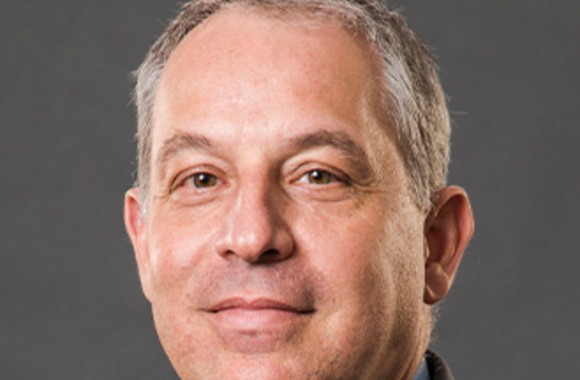



Mandaviya said there is a dire need for global stakeholders to have reasonable and transparent mechanisms and take long-term views in dealing with issues of fertilisers in the larger interest of global food security. The minister said the world is currently facing severe challenges regarding the cost and availability of fertilisers. "We have done this by increasing the amount of fertiliser subsidy from USD 10 billion for the pre-pandemic year 2019-20 to almost USD 27 billion in the current year," he said. Our government has brought various reforms and ensured that fertilisers are made available at affordable prices to Indian farmers. "During the last three years, we have witnessed an increase in prices of fertilisers and raw materials. Mandaviya, who is also the health minister, noted that India supplied medicines to more than 150 countries during the COVID-19 pandemic but did not increase prices or compromise on quality. Though it could help the global fertiliser suppliers in the short run, it will be counterproductive in the long run since India will move towards alternate fertilisers, he added. It should always be determined by market," Mandaviya said. "It is not proper for any sector when a country or a company decides the price. "But whatever has happened to fertiliser (prices) following COVID pandemic and the war is not right." Mandaviya said he analysed the rise in international prices of fertilisers during the last one year and found that it was not market driven. The minister also expressed concern over the rise in the government's fertiliser subsidy bill because of the sharp rally in global prices, saying whatever happened in the global market following the Russia-Ukraine war was unfair and not correct. Mandaviya invited global companies to set up fertiliser manufacturing plants and storage facilities in India, besides partnering with Indian firms to supply soil nutrients. He said the government will promote alternate fertilisers like nano liquid urea and nano DAP as part of its efforts to become self-reliant. Significant quantities of DAP (di-ammonium phosphate) and MoP (muriate of potash) are also imported.Īddressing a conference organised by the Fertilisers Association of India (FAI), Chemicals and Fertilisers Minister Mansukh Mandaviya said the government has taken various reforms and increased subsidy to ensure farmers get soil nutrients at an affordable price. It imports about 9 million tonnes of urea to meet domestic demand. India is a major importer of fertilisers as well as raw materials. With fertiliser subsidy expected to rise sharply to USD 27 billion this fiscal on high global rates, the government on Wednesday asked global suppliers to give preferential treatment to a big market like India and asserted that it will not tolerate price cartelisation.


 0 kommentar(er)
0 kommentar(er)
